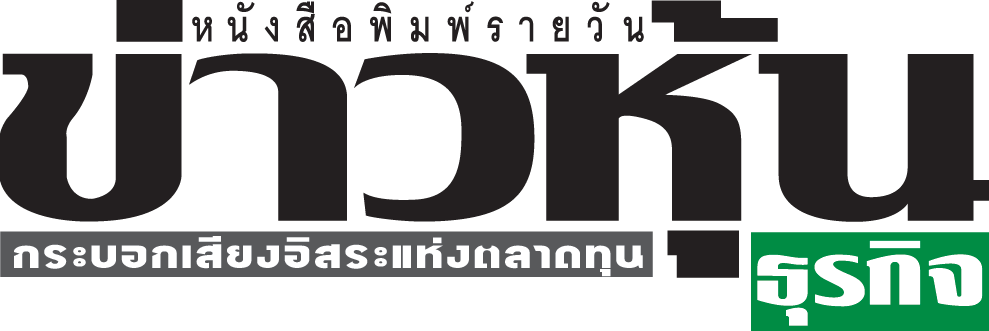
TU Partners with The Nature Conservancy around Game-Changing Transparency Pledge
Thai Union Group Public Company Limited (TU) commits to 100% transparency in its international tuna supply chain by 2025.
As ocean ecosystems continue to face unprecedented pressure Thai Union Group Public Company Limited (TU), one of the world’s largest seafood companies, has partnered with leading global conservation organization The Nature Conservancy (TNC), on a pioneering commitment to full supply-chain transparency in its global tuna supply chains.
This commitment has the potential to push the entire industry in a more sustainable direction by addressing widespread illegal, unregulated and unreported (IUU) fishing practices.
TU, a global leading seafood provider with annual revenues of more than US$4.1 billion, will work with TNC’s sustainable fisheries experts to implement 100% ‘on-the-water’ monitoring of its vast tuna supply chain by 2025. This work includes deploying electronic monitoring on all of its partner vessels in our supply chains –including onboard video cameras, GPS, and sensors to automatically track activities onboard–and/or human observers.
Jennifer Morris, CEO of The Nature Conservancy, said: “We are very excited about the potential of this partnership to shift the sustainability needle across the entire canned seafood sector. Consumers and retailers send powerful signals when they choose sustainable products, and TNC hopes this commitment will catalyze rapid growth in electronic monitoring and transparency in fisheries all over the world.”
IUU malpractice has serious repercussions for everything from overfishing of dwindling tuna stocks, to unsustainable levels of bycatch of at-risk sea life like sharks and sea turtles. The lack of adequate monitoring also contributes to hundreds of millions of dollars in lost revenues for local fishing communities and national governments alike.
Thiraphong Chansiri, President & CEO of TU, said: “Thai Union has made significant strides in making sustainability a key attribute of our company, from the creation of our global sustainability strategy, SeaChange® to partnering with leading organisations like The Nature Conservancy. We understand that change does not happen in a vacuum, it is through collaboration and partnership that we shape the future. Change takes more than a wish and well-crafted words, those that are in a leadership position must define the path forward through actions and results. I look forward to the sustainable future Thai Union and TNC can help create through increased electronic monitoring and transparency throughout the seafood industry.”
With the Western and Central Pacific Fisheries Commission continuing to suspend observer coverage on purse seine fishing vessels due to COVID-19 and without nearly enough at-sea monitoring happening globally, this commitment is more significant and timely than ever. Not only has fishing continued during the pandemic (a recent study estimated that COVID-19 has reduced fishing efforts by just 4%), the pandemic has in fact sparked a surge in the purchase of canned tuna globally.
Data recently released by the UN Food and Agriculture Organization (FAO) showed that wholesale prices for tuna were up 41% from the previous year, and food companies reported doubling of sales in 2020. pandemic has in fact sparked a surge in the purchase of canned tuna globally.
Mark Zimring, Director of The Nature Conservancy’s Large Scale Fisheries Program, said: “Electronic monitoring creates transparency critical to consumers having confidence that their seafood products have been harvested legally, sustainably and without labor abuses. Effective monitoring contributes vital data, the current absence of which makes regulation of even the most vulnerable fisheries difficult. By partnering with one of the biggest players in the seafood supply sector to plug this data gap, Thai Union and TNC have a real chance to achieve durable change at a global scale.”
Through this partnership, TU and TNC will jointly advocate and engage with governments, regulators, and supply chain actors to drive progress towards 100% monitoring at sea by 2025 within its European wild caught sprat, mackerel, herring and whiting supply chains.
In addition, TU will implement a fish aggregating device (FAD) management plan in their wild caught purse seine tuna supply chain that mitigates environmental risks no later than 2025. FAD devices are floating objects that are designed to attract pelagic fish, but can lead to bycatch such as entanglement of turtles and impacts on vulnerable reefs.


